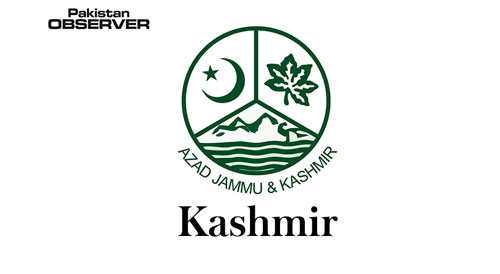Srinagar
At 75 years old, Zareef Ahmad Zareef has been witness to several major events that have shaped Indian held Kashmir — for the worse, he says — since 1947.
Now, the historian and poet worries for the future of Kashmir’s culture and its people, after India passed a new law in May that allows non-locals to become permanent residents of the Muslim-majority territory.
“Our Kashmir is a garden. The new laws have thrown the doors open for plunderers to ruin it,” said Zareef in a phone interview from Srinagar, Kashmir’s main city.
“The days are not far when we will be left with no job opportunities or economic resources, including land and forests,” he added. “Kashmiris will become second-class citizens in their own homeland.”
The law makes it possible for people from outside Kashmir to become permanent residents, sparking fears among locals that non-locals will get priority when it comes to housing, jobs and education.
It follows India’s unilateral annexation of Jammu and Kashmir in August 2019, which opened the door for non-Kashmiris to buy land and property, get government jobs and attend institutes of higher education.
Those receiving domicile certificates include war refugees from Pakistan, Gurkha soldiers from Nepal who had served in the Indian army and marginalised groups such as sanitation workers from the state of Punjab, noted Haroon Reshi, a freelance journalist based in Srinagar.
“Our distinct social and cultural identity, whether it’s our languages or traditions – everything is in danger,” Reshi told the Thomson Reuters Foundation.—KMS










